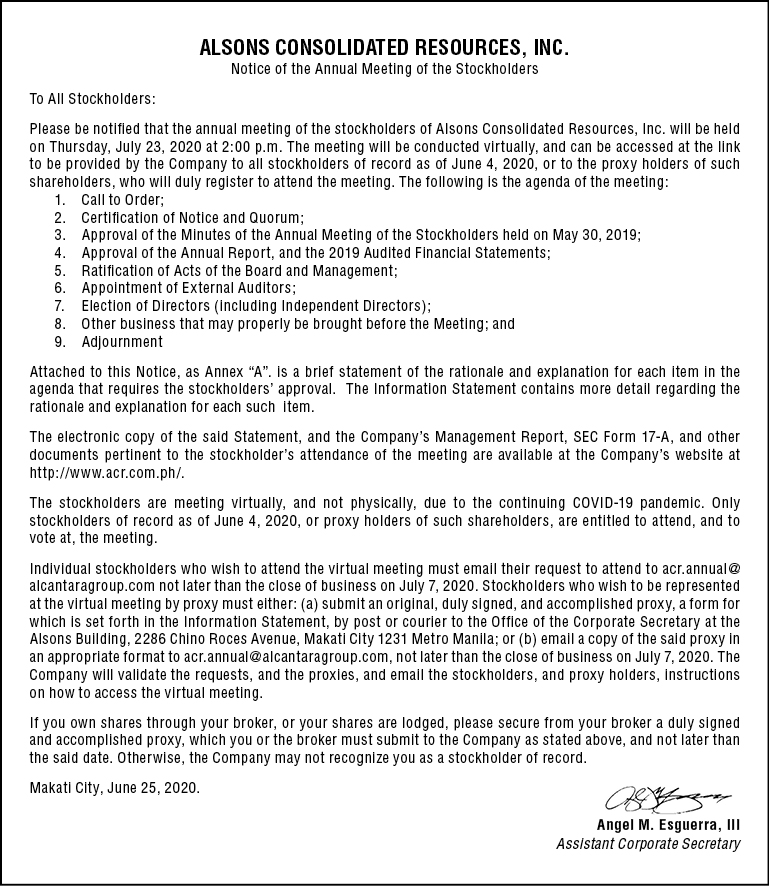Fruitas posts 41% higher earnings on lower expenses
EARNINGS of Fruitas Holdings, Inc. grew 41% in the first quarter on the back of cost-saving measures despite a double-digit decline in revenues.
In a statement Tuesday, the listed operator of food and beverage kiosks said its first quarter net income stood at P14.6 billion, higher than the P10.3 billion it recorded in the same period last year.
Revenues were tempered by the Luzon lockdown that came with the coronavirus pandemic, falling 12% to P374.1 million. The company said it had to temporarily suspend operations for most of its stores to observe the government’s quarantine restrictions.
Gross profit ended 9% lower at P224.3 billion, although gross profit margin improved to 60% from last year’s 58% due to tactical price adjustments that were carried over this year.
What helped Fruitas cushion its bottomline was reducing its operating expenses, which went down 15% to P172 million excluding depreciation and amortization.
“We experienced strong sales growth in the first quarter of 2020, although it was cut short by the quarantine. However, the cost containment measures we had earlier implemented, as well as our flexible cost structure, allowed us to cut costs to deliver higher net income in the first quarter of 2020 compared to 2019,” Fruitas President and CEO Lester C. Yu said in the statement.
He noted the company had a harder time in the second quarter because of the longer period of lockdowns across different regions, but its plan is to keep resuming operations at its stores to start recovery.
“The second quarter has been more difficult for us, but we look forward to reopening more stores, so the combined strength of our traditional channels and new revenue streams from delivery and partnerships can provide even better returns for our shareholders,” Mr. Yu said.
Fruitas previously said it had set its capital expenditures this year at P270 million, which it will direct to conversion or expansion of some existing stores.
The company ended 2019 with 1,068 stores in its portfolio. It owns brands such as Fruitas Fresh from Babot’s Farm, Buko Loco, Buko ni Fruitas, De Original Jamaican Pattie, Johnn Lemon, Juice Avenue, Black Pearl, Friends Fries, The Mango Farm, 7,107 Halo Halo Islands, Kuxina, Shou La Mien Hand Pulled Noodles and Sabroso Lechon.
Shares in Fruitas at the stock exchange recorded a one centavo or 0.77% uptick to P1.31 each on Tuesday. — Denise A. Valdez



